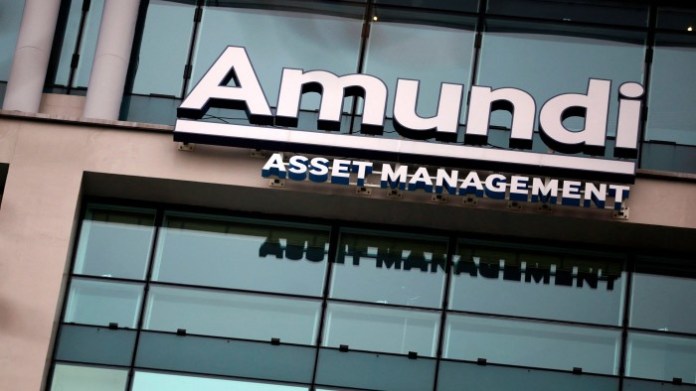[ad_1]
Unlock the Editor’s Digest for free
Roula Khalaf, Editor of the FT, selects her favourite stories in this weekly newsletter.
Allianz has paused talks with Amundi and its majority shareholder Crédit Agricole over plans to combine its €560bn investment management arm with its larger French rival, according to people familiar with the situation.
The two sides had been in on-and-off discussions for more than a year, and were in exclusive talks to form a European giant with almost €2.8tn of assets under management as recently as Saturday morning. Some of the people said the talks could resume at a later date.
The hiatus illustrates the difficulty of pulling off large-scale mergers and acquisitions in asset management and comes as a wave of consolidation is sweeping across the industry, with recent deals including BNP Paribas’s €5bn acquisition of Axa Investment Managers to create a €1.5tn European champion.
A key sticking point between Allianz and Crédit Agricole has been the structure of any tie-up, according to people familiar with the situation. They have struggled to agree on who would have control of an enlarged entity.
Amundi, which was created in 2010 through the merger of the asset management arms of French banks Crédit Agricole and Société Générale, has grown into Europe’s largest asset manager, with €2.2tn in assets and a €13.75bn market capitalisation.
Assuming a valuation of at least €6bn, Allianz Global Investors would have been worth about half as much as Amundi while having roughly a quarter of its assets.
But the German group’s parent insurer was only willing to accept a transaction which would have given it a co-leadership role, some of the people said.
Allianz declined to comment on specifics but told the FT that asset management was “strategically integral” to the group and said that Allianz Global Investors was “performing well”.
It stressed that it would “only consider inorganic growth opportunities that enhance these strengths and increase our exposure to asset management.”
A spokesperson for Amundi told the FT on Saturday afternoon: “Amundi is not in discussions with Allianz.” The French group declined to comment further.
Crédit Agricole is Amundi’s largest shareholder, with a 69 per cent holding. The asset manager has a 29 per cent free float. Crédit Agricole did not immediately respond to a request for comment.
For Allianz, a precondition for any successful tie-up would have been “a shared understanding of partnership at a technical and cultural level”, according to one person familiar with its position.
Others said that while Amundi saw a potential transaction as an “acquisition” of Allianz Global Investors, the Germans wanted a partnership that would help increase its income from asset management.
Some people in Amundi’s camp had envisaged a set-up where Crédit Agricole would remain the controlling shareholder of the enlarged asset manager with a stake just above 50 per cent. Allianz would then become Amundi’s second-largest shareholder with a stake of around 30 per cent, and a roughly 20 per cent free float, people familiar with the situation said.
But the Germans pushed back on this structure as they wanted a more balanced split, the people added.
More recently, the two sides appeared to have come closer to an agreement. A person familiar with the matter said that Crédit Agricole seemed prepared to dilute its holding below 50 per cent in order to allow Allianz to have a larger stake in Amundi as part of a combination.
Within Allianz, some opposition to an Amundi tie-up has reflected concerns about losing both strategic flexibility and control of its asset management business, while allowing the French side to get the benefit of synergies between the two businesses.
Amundi is one of the industry’s most profitable players, and is seen as having excelled at striking tie-ups with retail banks to distribute its products.
Investment managers are pursuing scale, growth markets and new clients as margins are squeezed by higher costs, lower fees and the march of large American firms into the European market.
Meanwhile banks and insurers are weighing up their commitment to their investment management divisions and evaluating the merits of doubling down, striking strategic partnerships or quitting the business.
Earlier this year, Amundi held talks to buy Axa Investment Managers from its parent insurer but was not able to agree terms, according to two people familiar with the situation. In August, Axa announced a €5bn deal to offload the business to banking group BNP Paribas after concluding that it was subscale.
France’s Natixis, which is majority owned by Groupe BPCE, is also in talks with Italy’s Generali about a potential tie-up, the FT reported last month.
Allianz has in the past held discussions with Germany’s DWS about a potential asset management tie-up, but these are no longer live, according to people close to DWS.
[ad_2]
Source link


